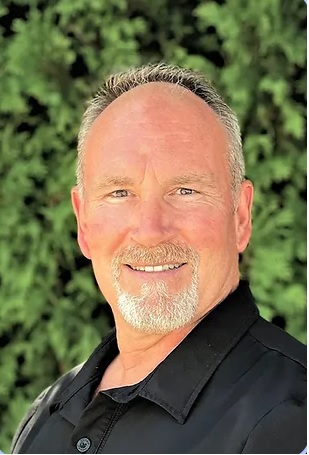Recently, while reviewing training literature, I read a coach suggesting, “there is no offseason.” After racing for over 10 years and gaining two decades of experience coaching hundreds of successful athletes, I couldn’t agree more. Studies show that as little as three weeks off the bike can result in a loss of up to 12% of your VO2 max. This fitness must be regained before any progress can be made, meaning it could take six weeks or more just to return to your previous level. Take off more than three weeks, and the setback is even greater! That’s why competitive athletes should use the time at the end of a competitive season to transition rather than completely stopping.
Steps to Rekindling Your Energy and Preparing for the Next Season:
1. Transition/Testing
Focus on active recovery through cross-training activities like running or aerobics classes and consider starting a weight training program. Perform tests such as Lactate Threshold, body composition, and maximum wattage at the beginning of this tapering period, before significant fitness is lost. Start prioritizing goals for the upcoming season.
2. Preparation
This phase is about laying the groundwork for your base training. Begin a high-volume, low-intensity weight training regimen and start cycling at a very low intensity, focusing on form and recovery. Proper recovery is crucial even during this preparation phase, as it sets the foundation for more intense training later.
3. Base
Increase cycling volume progressively, starting at medium volume and building to high volume, while keeping intensity low to medium. Gradually increase the intensity of your weight training. During this phase, it’s vital to incorporate well-timed recovery periods. Structured blocks of training should include proper loading and unloading phases, allowing the body to adapt and avoid overtraining.
4. Build
Incorporate short, race-like efforts into your training. Maintain your strength gains in the weight room and consider participating in low-priority races. As training intensity increases, so too should the focus on recovery. Properly structured blocks of training during this phase should continue to balance hard efforts with sufficient recovery, ensuring you can maintain and even increase your performance.
5. Peaking
Taper your training volume while maintaining race-like efforts. This phase allows you to fully recover as your priority race approaches. The peaking phase exemplifies the importance of recovery, as a well-timed taper will help you arrive at your race in peak condition, fully recovered, and ready to perform.
6. Build/Peak
Alternate between the Build and Peak phases throughout the season. Adjust your training slightly during each Peak phase to prepare for the next one. Recovery remains a key component, with each cycle of building and peaking requiring careful attention to balancing training load with recovery periods.
The duration of each phase depends on when you start, your ability to develop the specific physiological goals of each phase, and the timing of your first big race. Typically, each phase lasts between 6 and 12 weeks.
Many cyclists make the mistake of hammering at full intensity week in and week out, and piling on the miles, which limits their progress. To reach your ultimate potential, you must prioritize your goals. While many professional athletes compete all season, their programs are designed around top priority events. Even if you’re not a professional, periodization can yield significant results. So, why not find out how fast you can really be instead of hammering and piling on miles every ride all year long?
At Plan2Peak, I don’t just provide a training plan—I actively monitor my athletes’ daily workout data to compare their responses to expectations. This allows me to make precise adjustments to optimize each workout and ensure that the training aligns with their capacities, expectations, and lifestyle. Not all coaches possess the expertise to assess and respond to this data effectively. With my experience, I help athletes maximize their potential by delivering a truly customized approach, something many other coaches may not offer.




